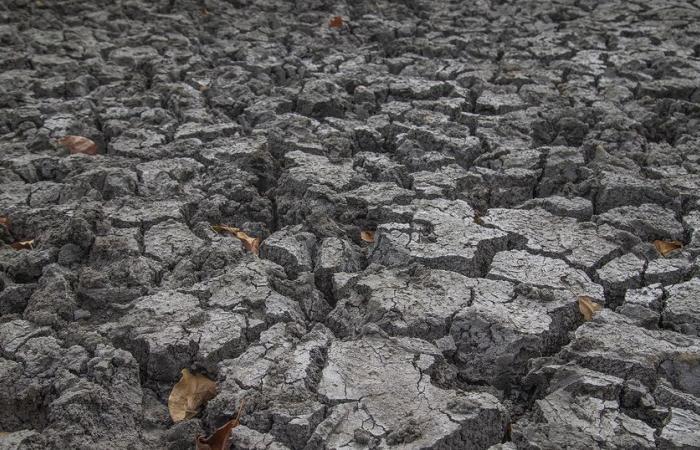The 29th annual United Nations Climate Conference (COP29) will be held from November 11 to 22 in Baku, Azerbaijan.
One of the central issues of this meeting will be to set a new quantified collective objective (NCQG) to finance climate action in developing countries, beyond the 100 billion dollars already mobilized each year.
The president of the International Fund for Agricultural Development (IFAD), Alvaro Lario, says COP29 is a decisive moment to negotiate the amount of contributions from rich countries to help developing nations deal with climate change. “IFAD calls on world leaders to approve this financing plan, with a specific objective for adaptation, prioritizing the needs of smallholder farmers,” he underlines.
Climatic shocks are seriously disrupting agricultural production in many regions, such as Zimbabwe, where the worst drought in forty years has seriously compromised food security. Tinomuounga Hove, president of the Biri irrigation project in Zimbabwe, says: “The rains are becoming more and more rare. At the moment there is drought, and this year the harvests are zero. The seasons have changed, and the rains no longer come when we expect them. »
Thanks to IFAD-supported irrigation projects, many farmers, including Mr Hove, have been able to save their crops and maintain production throughout the year. “Having an irrigation system allows us to harvest even outside the rainy season,” he explains. “So even if there is no rainfall, we can continue to cultivate, which is a valuable asset for us. »
These IFAD-funded irrigation projects play a vital role in strengthening farmers’ resilience to climate hazards and preserving food security.
Senegal






